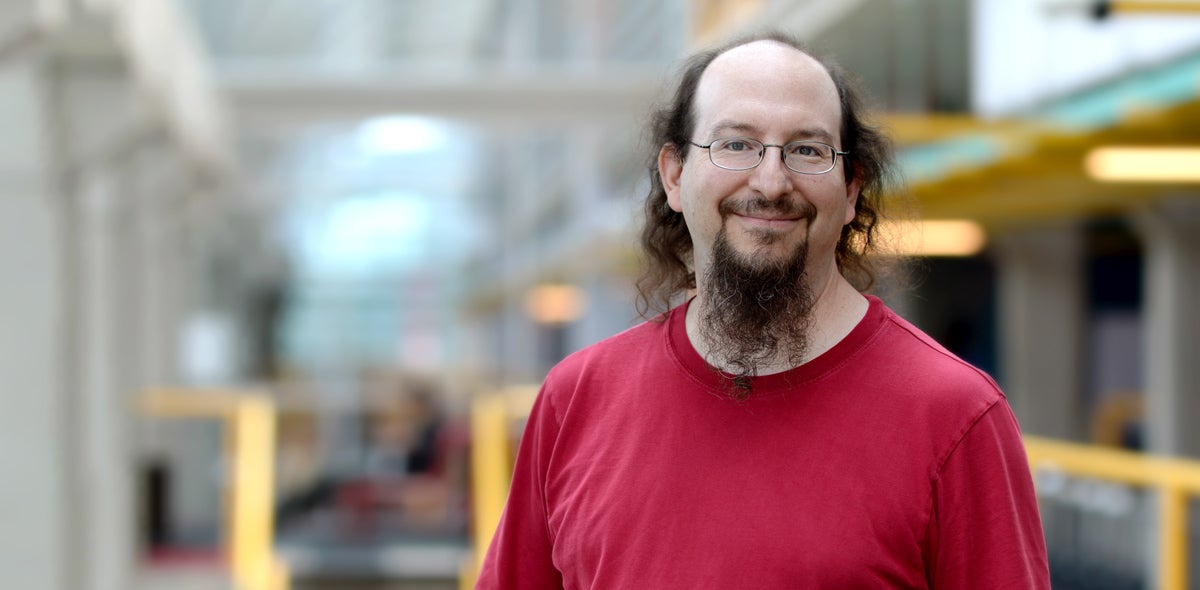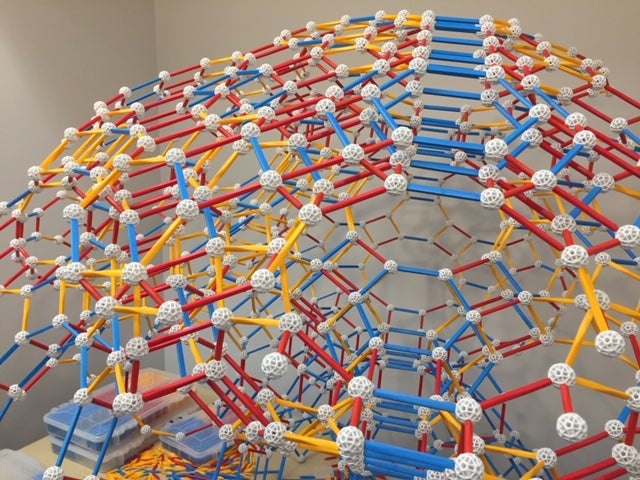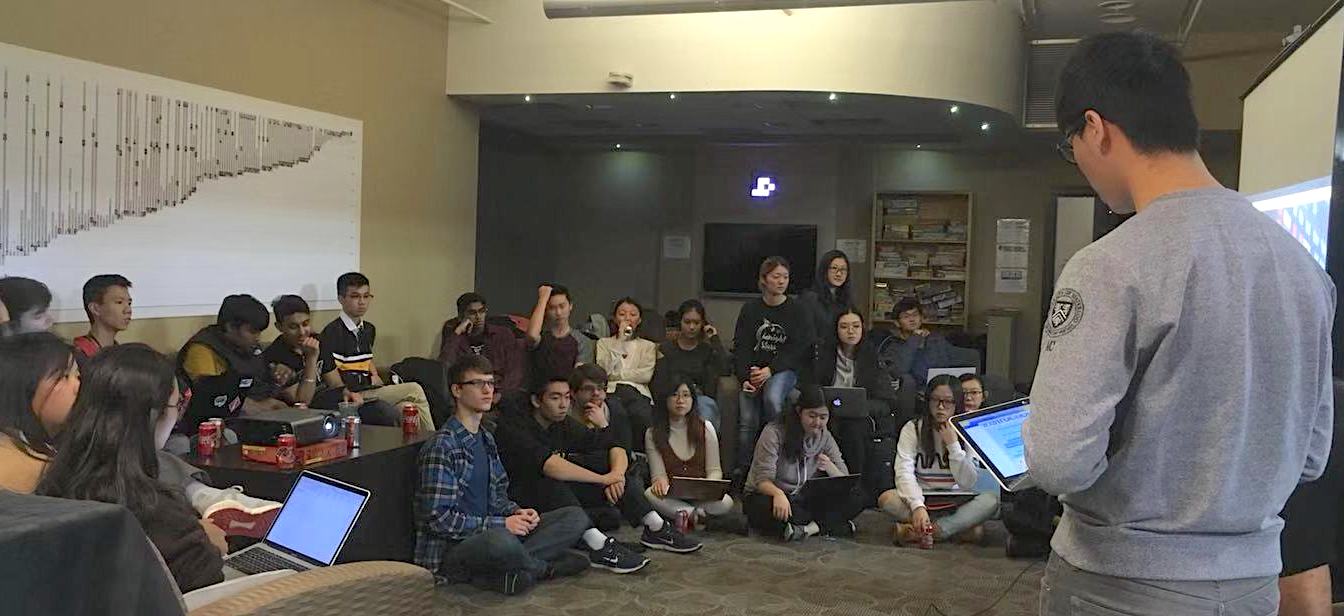Ian Goldberg named Canada Research Chair

David R. Cheriton School of Computer Science researcher Ian Goldberg has been named a tier 1 Canada Research Chair in Privacy Enhancing Technologies.

David R. Cheriton School of Computer Science researcher Ian Goldberg has been named a tier 1 Canada Research Chair in Privacy Enhancing Technologies.
Making your house “smart” could soon become cheaper and easier, thanks to new technology developed by researchers at the University of Waterloo.
Their recent study describes an approach that can be used to deploy, for the first time, battery-free sensors into a home using existing WiFi networks. Previous attempts to use battery-free sensors ran into some obstacles making the efforts impractical. These hurdles include the need to modify existing WiFi access points, challenges with security protocols, and the need to use energy-hungry components.
Join Waterloo’s Faculty of Mathematics on Friday, Jan. 25, as we build a larger-than-life 3D projection of a 4D polytope model

This mathematical artifact, called an omnitruncated dodecaplex, will be built by student volunteers.
Researchers at the University of Waterloo have found a novel method to help travellers protect sensitive information from border control agents.
The system is being developed into an app called “Shatter Secrets” by Erinn Atwater, who is the research director of the not-for-profit Open Privacy, an organization dedicated to understanding, researching and serving the privacy needs of marginalized and highly targeted at-risk communities.
Cheriton School of Computer Science Professor Shai Ben-David, his former PhD student Hassan Ashtiani, now an Assistant Professor at McMaster University, along with colleagues Christopher Liaw, Abbas Mehrabian and Yaniv Plan, have received a best paper award at NeurIPS 2018, the 32ndAnnual Conference on Neural Information Processing Systems.

On Friday, November 16, the Computing and Financial Management (CFM) program kicked off its first student-led hackathon for first year CFM students. The hackathon was held with the aim of helping first year CFM students develop collaboration and time management skills. Students also learned how to compose optimum financial portfolios and build clean coding styles.
Four teams of programmers from the University of Waterloo swept the top spots at an Association for Computing Machinery regional International Collegiate Programming Competition (ICPC) over the weekend.
Companies that fail to curb their carbon output may eventually face the consequences of asset devaluation and stock price depreciation, according to a new study out of the University of Waterloo.
The researchers further determined that the failure of companies within the emission-intensive sector to take carbon reduction actions could start negatively impacting the general stock market in as little as 10 years’ time.
Researchers at the University of Waterloo have taken a huge step towards making smart devices that do not use batteries or require charging.
These battery-free objects, which feature an IP address for internet connectivity, are known as Internet of Things (IoT) devices. If an IoT device can operate without a battery it lowers maintenance costs and allows the device to be placed in areas that are off the grid.
Studying how human activities and naturally occurring phenomena have an impact on the environment is critical for effective management. Environmental monitoring and modelling are two fundamental practices to help in understanding, predicting and effectively managing these activities and impacts.